About Alkyd Resin Production Line | JCT Machinery
 Jan 03,2025
Jan 03,2025

 JCT
JCT
Alkyd resin is versatile, high performance resin material that is widely used in a variety of industries due to their excellent physical and chemical properties, such as good adhesion, weather resistance, chemical resistance, water resistance and gloss. Major uses include:
- Coatings and paints (especially architectural, automotive and industrial coatings).
- Inks (such as printing and packaging inks).
- Anti-corrosion coatings.
- Adhesives for wood and other materials.
- Electrical insulation materials.
- Plastics and composites.
- Wood coatings.
- Fire retardant coatings.
Main Equipment of Alkyd Resin Production Line
1. Reactor
- Function: Reactor is the main equipment of alkyd resin production line, which is used for esterification reaction. Raw materials are heated and stirred in the reactor to generate alkyd resin.
- Features: It is usually made of stainless steel and equipped with temperature sensors, stirring devices, cooling devices, heating systems and sealing systems to ensure the smooth progress of the reaction. Reactor needs to has good sealing to prevent the leakage of harmful gases or solvents.
2. Stirring System
- Function: Stirring system is used to evenly mix the reactants during the reaction, enhance heat conduction and improve the reaction efficiency. It is usually composed of electric stirrer, paddle, stirring shaft, etc.
- Features: The design of the stirring paddle is optimized according to the characteristics of the material, and efficient serrated or spiral paddles are usually selected to achieve a good stirring effect.
3. Heating and Temperature Control System
- Function: Heating system is used to heat the materials in reactor to the set temperature, and the temperature control system is used to monitor and adjust the temperature in real time to ensure that the reaction is carried out within the correct temperature range.
- Features: The heating method can be electric heating, steam heating or hot oil heating. The temperature control system is usually equipped with temperature sensors, temperature control instruments and automatic control devices to ensure that the reaction temperature is constant.
4. Vacuum System
- Function: Vacuum system is used to remove moisture or volatile solvents generated during the reaction process, maintain the stability of the reaction environment, and accelerate the evaporation of moisture, which helps to control the acid value and viscosity of the resin.
- Features: Vacuum system usually includes a vacuum pump, vacuum pipeline and a condensing device to suck out the gas in the reactor to ensure that the reaction is carried out in a vacuum environment.
5. Cooling System
- Function: Cooling system is used to quickly reudce the temperature of the materials in the reactir after the reaction is completed to prevent excessive temperature from causing excessive reaction or quality problems of the resin.
- Features: Cooling is usually achieved by cooling water, cooling coils or jacketed cooling devices. The cooling rate needs to be properly controlled to avoid premature curing of the resin.
6. Disperser / Grinding Machine
- Function: Used for dispersion and grinding after resin synthesis to ensure uniform distribution of resin molecules and enhance the performance and stability of the resin. Especially when adding fillers or pigments to the resin, the role of dispersers and grinders is very important.
- Features: The disperser can accelerate the dispersion process through the shear force between the high speed rotating rotor and the stator, while the grinder can refine the pigment to ensure the smoothness and uniformity of the resin.
7. Dehydration Device
- Function: During the production process of alkyd resin, a certain amount of water may be generated during the reaction. The dehydration device is used to remove excess water to ensure the quality and stability of the resin.
- Features: Dehydration device generally removes water from the resin and increases the solid content of the resin by vacuum dehydration, steam evaporation, etc.
8. Filter System
- Function: Used to remove impurities in the resin to ensure the purity and quality of the product. The filter device usually uses a mesh filter, which can effectively remove particulate matter and impurities during the reaction process.
- Features: The filter is usually made of stainless steel, which is resistant to high temperature and corrosion, and can filter impurities efficiently.
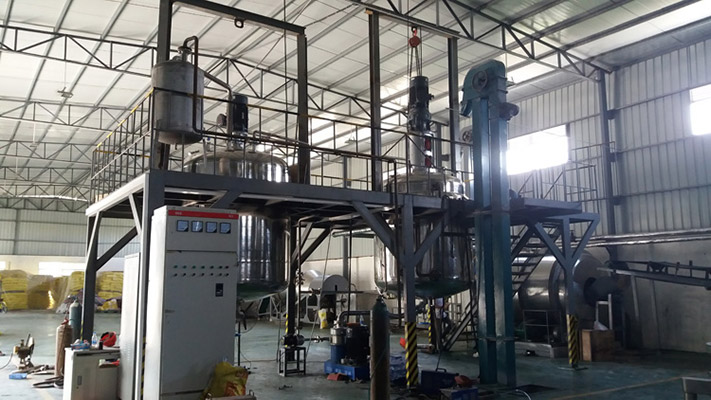


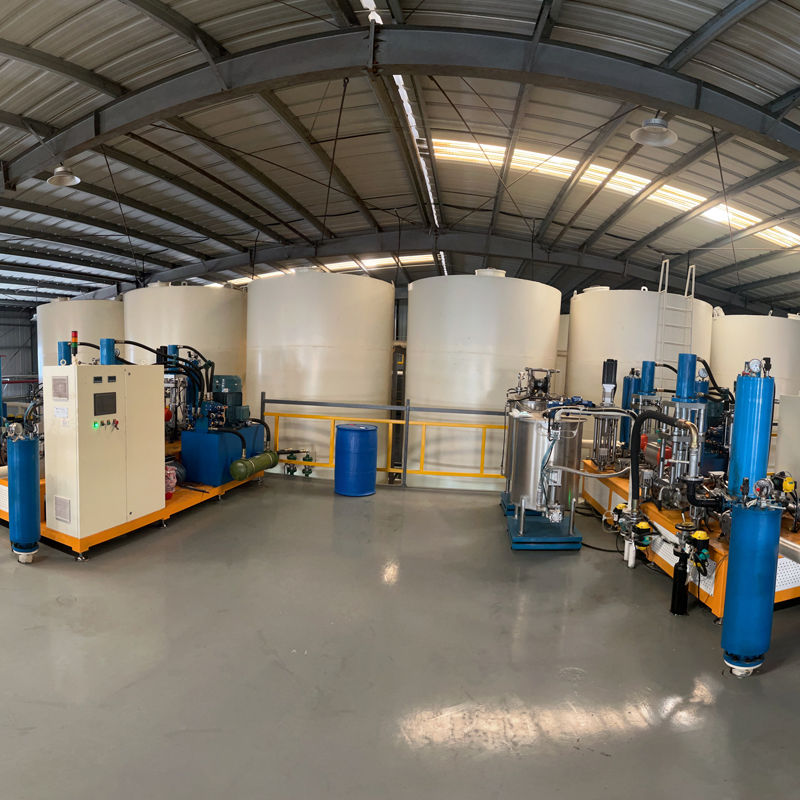
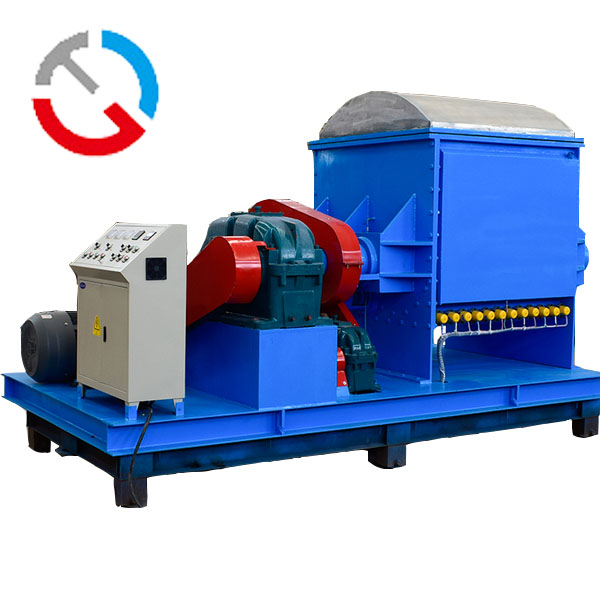
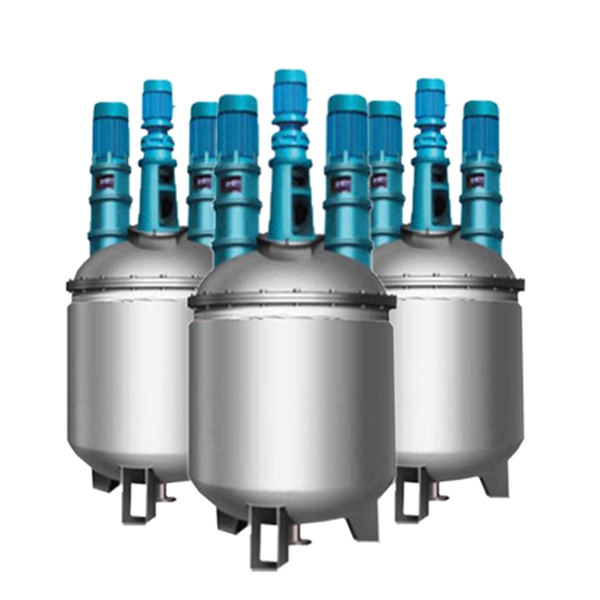
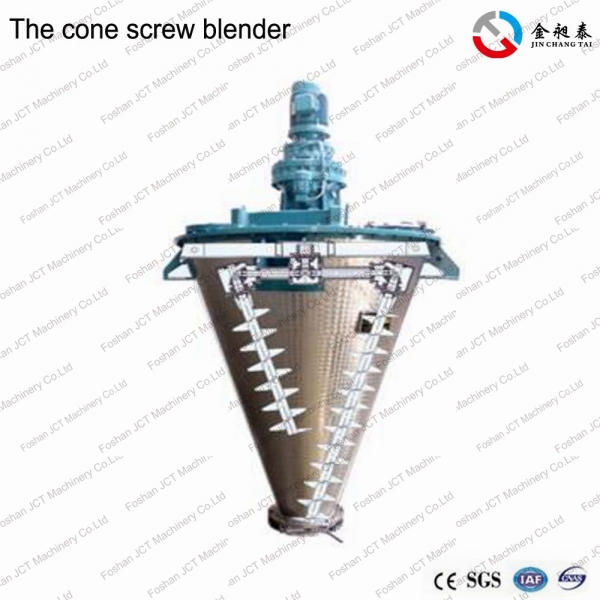
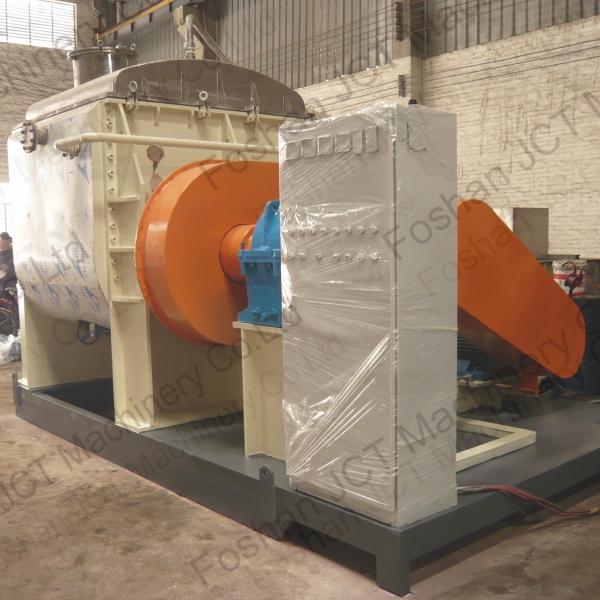
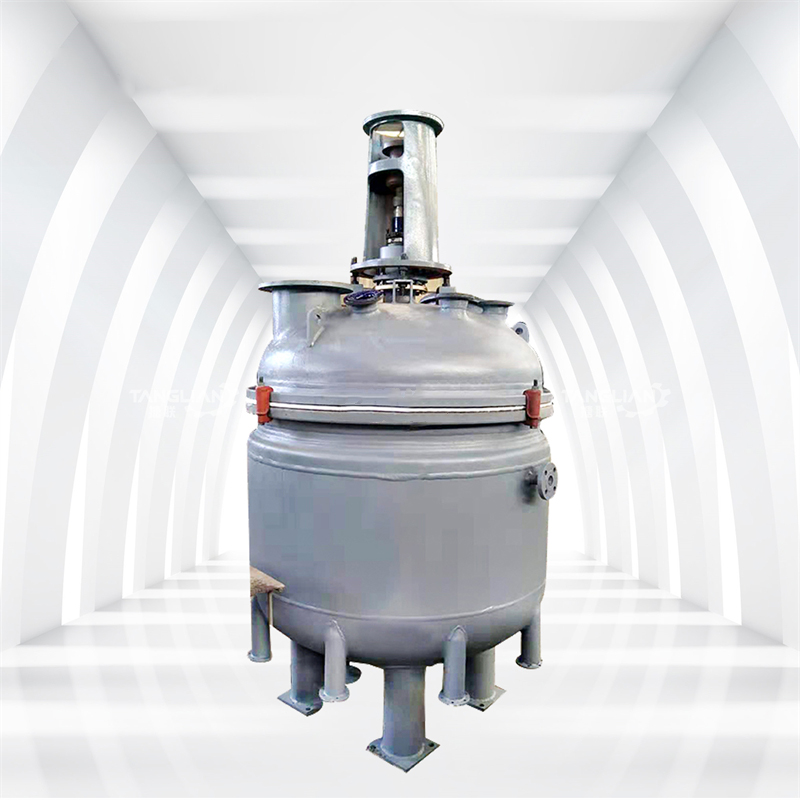
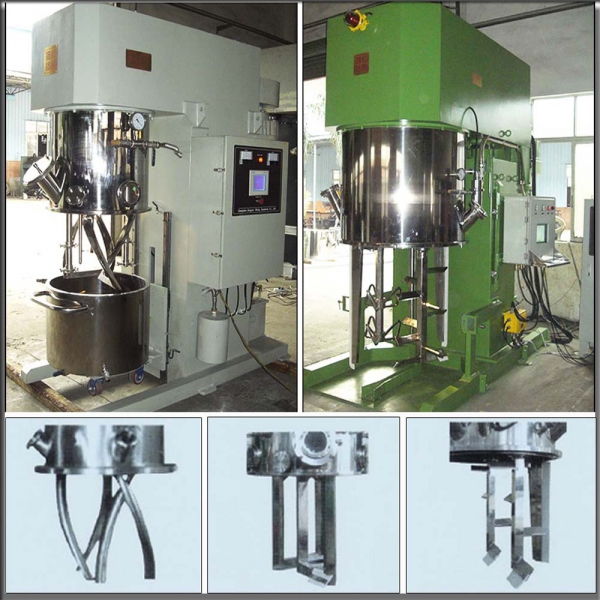


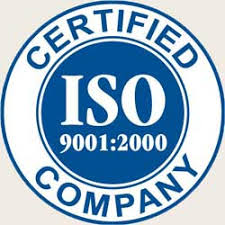


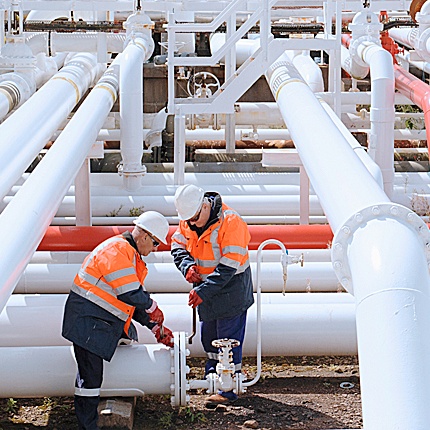
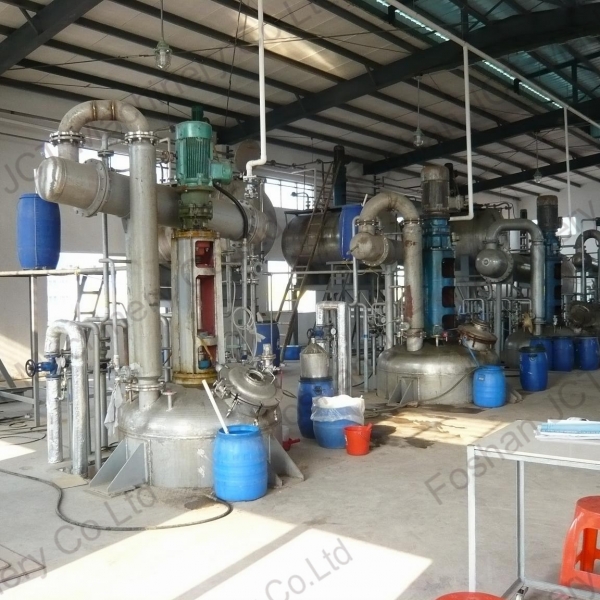
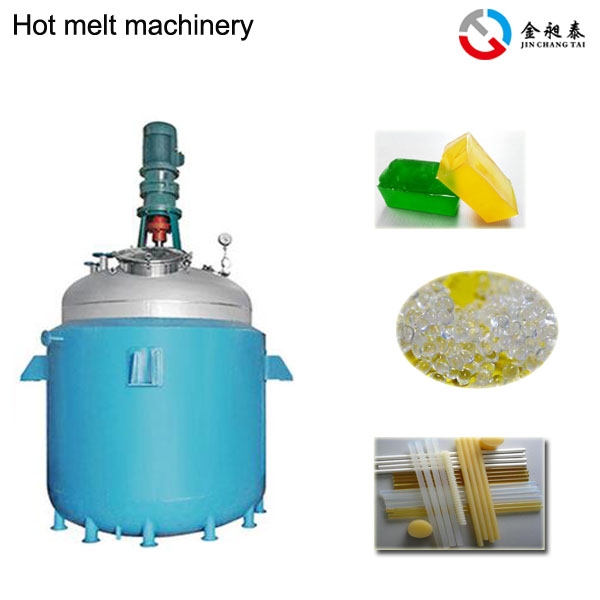
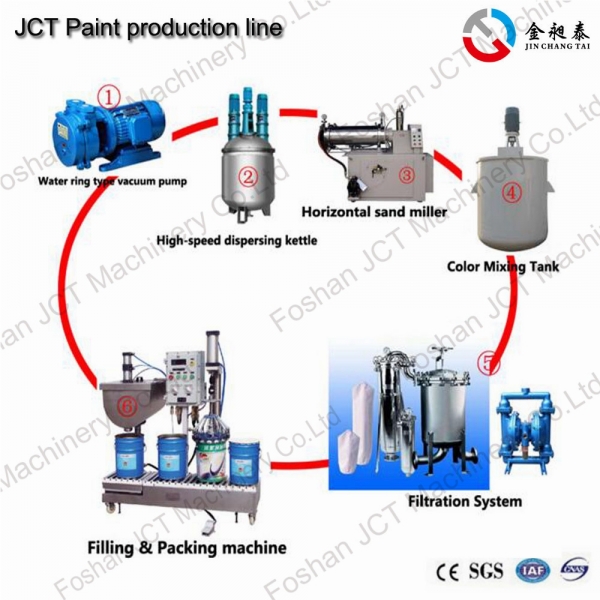
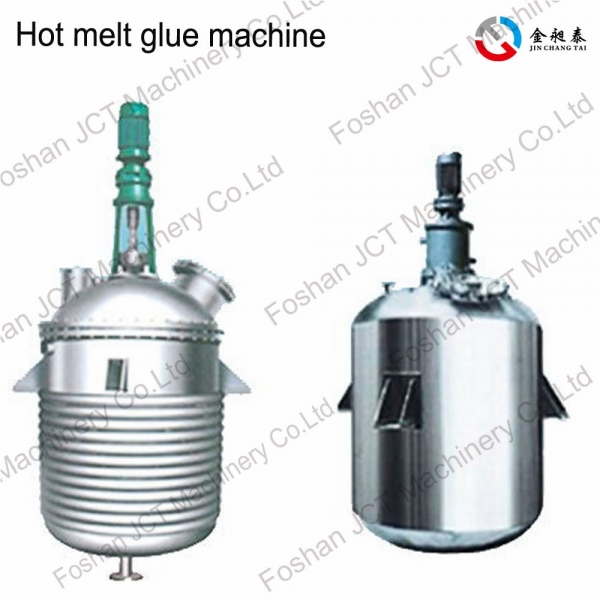
 CN
CN
 HOME
HOME Automatic Feeding Triple Shaft Mixer | JCT Machinery
Automatic Feeding Triple Shaft Mixer | JCT Machinery  You May Also Like
You May Also Like
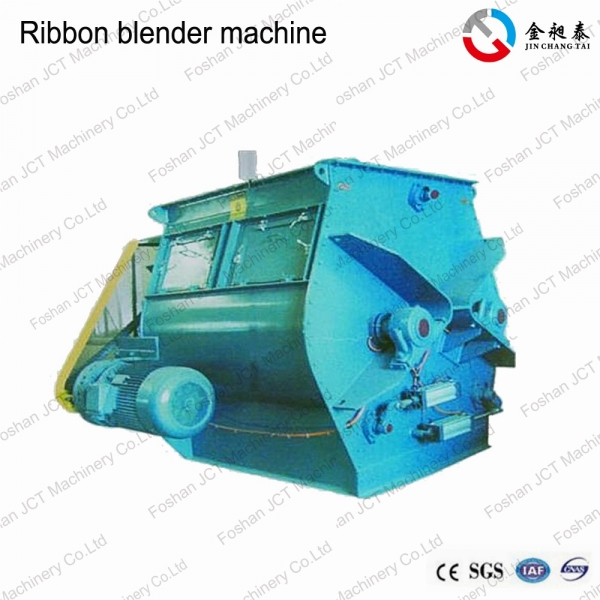

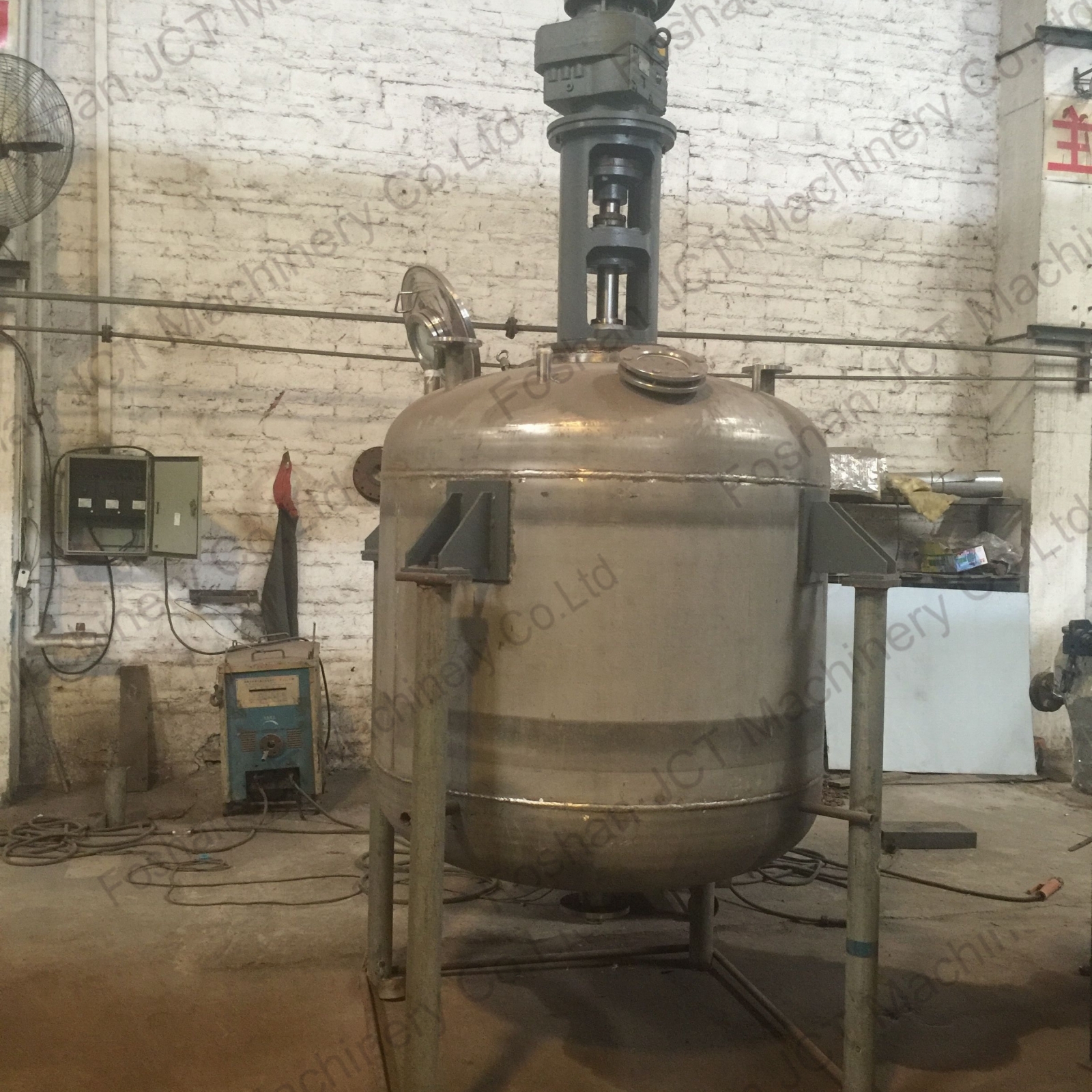
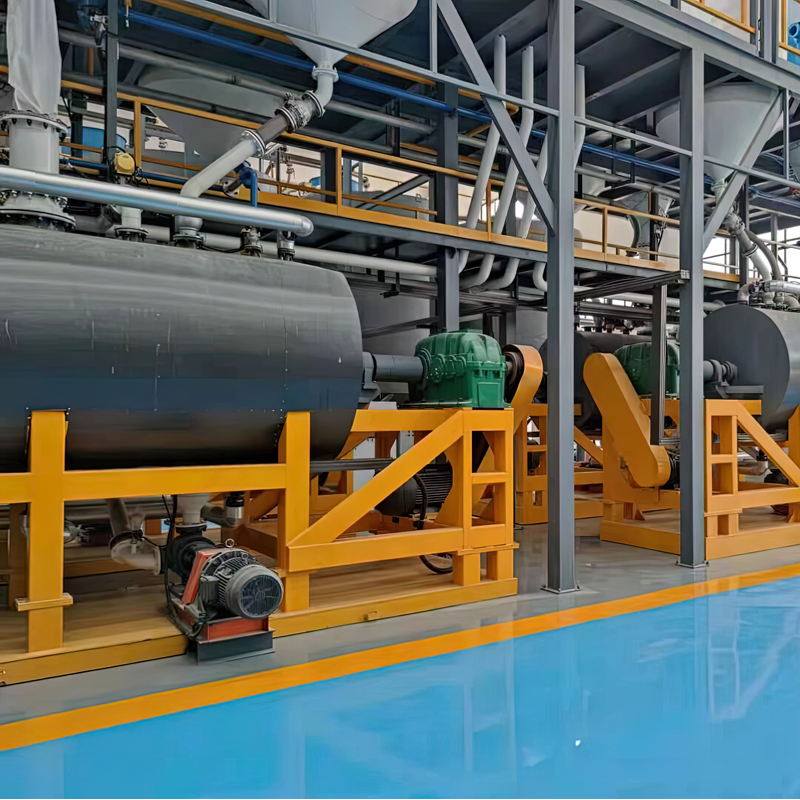
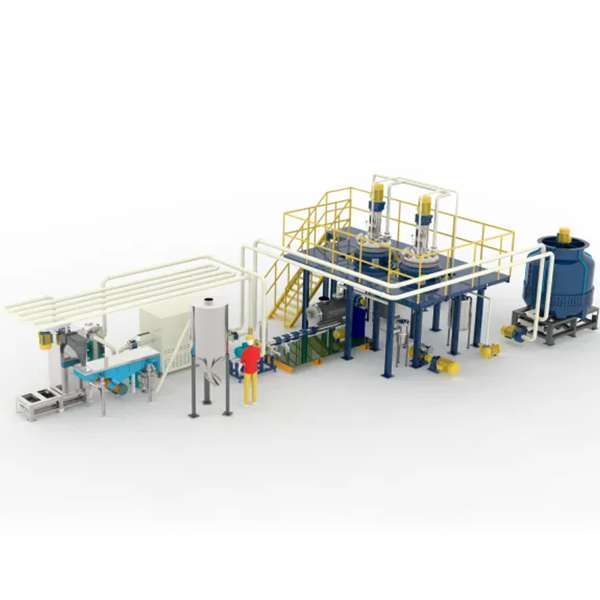

 Tel
Tel
 Email
Email
 Address
Address










